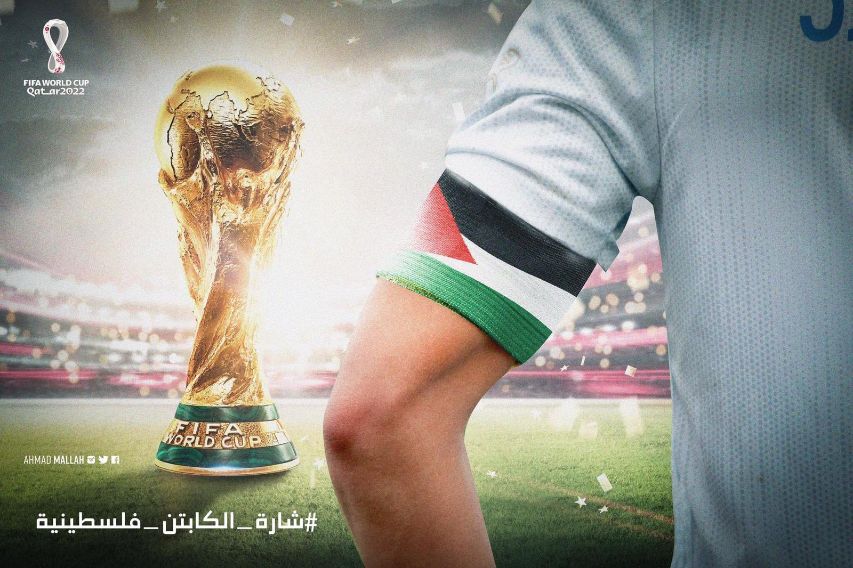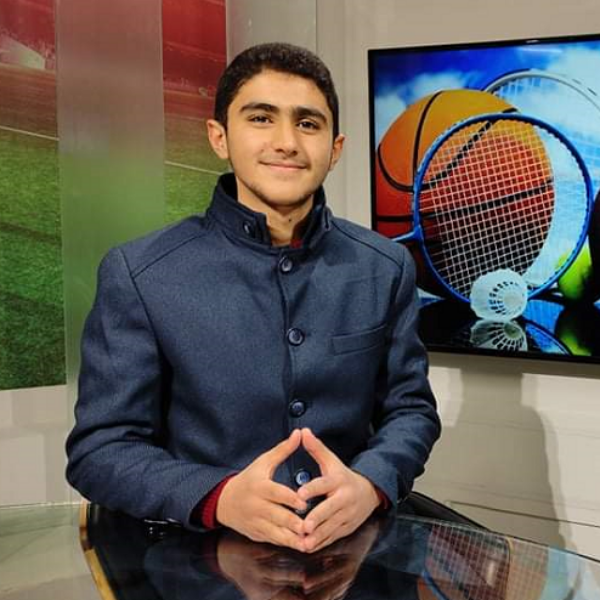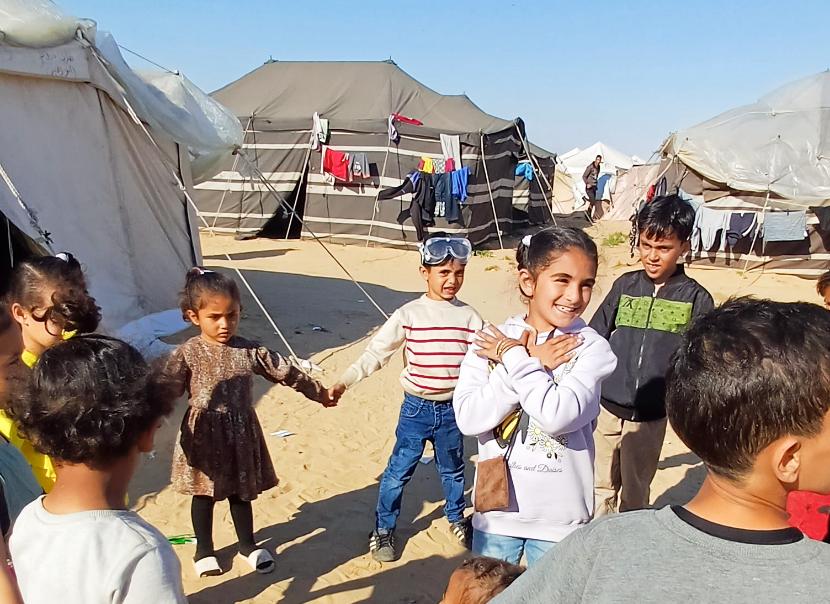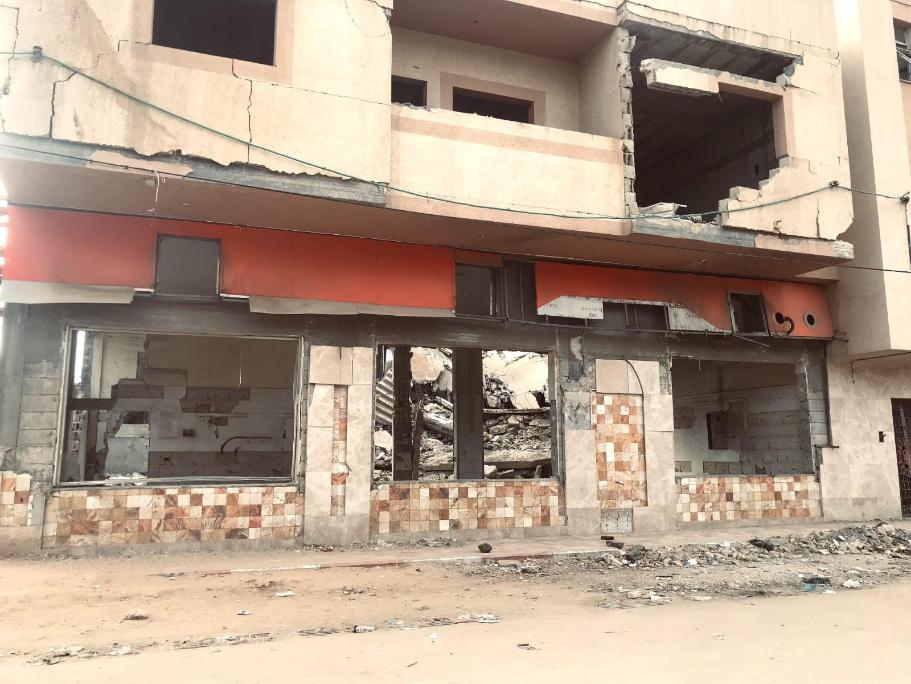
It has always been said that politics should not be a part of football; neither should football be part of politics. In fact, this saying is a big lie. Football and politics have become intertwined, as demonstrated by the actions of both players and FIFA, international football’s organizing body.
For the 2022 World Cup in Qatar that starts November 21, England’s national team captain Harry Kane has announced he will be wearing a rainbow armband to show solidarity with the LGBTQ+ community. Team captains from Wales, Holland, Belgium, Denmark, France, Germany, and Switzerland will also all wear it. This has created huge controversy among fans, with some supporting this demonstration of support and others criticizing it.
Meanwhile, the Ukrainian veteran Andriy Shevchenko has gifted Poland’s captain Robert Lewandowski a Ukraine armband to wear at the World Cup. This news has stormed social media.
As a result of this visual demonstration of political support for oppressed groups, Arabs have launched a social media campaign to persuade at least one of the participating Arab teams — Morocco, Saudi Arabia, Tunisia, and the host Qatar — to wear Palestine solidarity armbands in November. This campaign builds on fan support of Palestine, which has increased over the years, with Palestine flags appearing in different stadiums across the world. In addition, famous players like Riyad Mahrez, Amad Diallo, and Paul Pogba have taken actions on the field in solidarity with Palestine.
Palestine has been under occupation by Israel since 1948, and the Gaza Strip has been besieged by Israel for more than 15 years. No one in the football world has been talking about this, except a few players who have been severely attacked for taking stances in support of Palestine. For instance, Egyptian footballer Mohammed Aboutrika was booked with a yellow card and later accused of politicizing the game of football when he wore a Sympathize with Gaza T-shirt in a match during the 2008 war on Gaza. This contrasts with the lack of action against John Paintsil, a Ghanaian football player who raised an Israeli flag to celebrate a goal his teammates scored against the Czech Republic in the 2006 World Cup, even though Israel was not a part of the tournament.
This writer is convinced that the game of football has become politicized by FIFA, which has shown great support for Ukraine since the country was invaded by Russia in February 2022. For example, FIFA banned the Russian football association from participating in any international tournaments or competitions, including club-level competitions. At the same time, FIFA has shown tolerance for Israel, which like Russia is illegally occupying land. The Israeli national team has played international football and friendly games regularly without issue, and its football clubs like Maccabi Haifa face football stars like Lionel Messi on fields located inside the occupied Palestine territory.
Meanwhile the entire Palestinian Football Association suffering under the war has never changed; it actually goes from bad to worse. The national team has faced extreme hardships in moving outside the country to play their FIFA qualifications, such as their World Cup qualification against Singapore in 2007, while individual players have stories about their difficulties crossing the Israeli boarders to play professional football; an example of this would be Khalid Abuhabel, who cannot yet find his way through to the West Bank, much less Europe.
FIFA’s hypocritical stance on political gestures has been igniting waves of criticism and controversy for a long time. Fans ask for explanations, but they get no answers. Former professional footballer Mohamed Aboutrika, now a Bein Sports football analyst, said before the Fulham VS Liverpool game on August 6, “There is an Israeli player in Fulham’s squad. Why hasn’t the Premier League ruled him out?” He continued, “What if he were Russian? They would surely do so. The war on Gaza is a war, and it’s not much different from the one Ukrainians are having.”
Arab fans are optimistic that a Palestine armband could challenge FIFA’s hypocrisy in supporting occupied Ukraine’s quest for self-determination but not occupied Palestine’s. The Palestine armband campaign is supported not only by Arabs, but also by other groups of fans from around the world.
Jack O’Brien, an English fan, tweeted after the Andriy Shevchenko Ukrainian armband gift for Lewandowski: “What about the Yemen and Palestine armbands? I’m sure we will be seeing them too.”
Palestinian fan and English student Hani Qarmoot said to me, “Why are we treated differently? Supporting Palestine is pride and honor to any country in the world.”
An armband worn in solidarity with Palestine would be an encouraging next step in highlighting our cause.
Palestinians hope that these kinds of demonstrations of solidarity will continue. We simply call for justice and support for Palestine’s cause.










